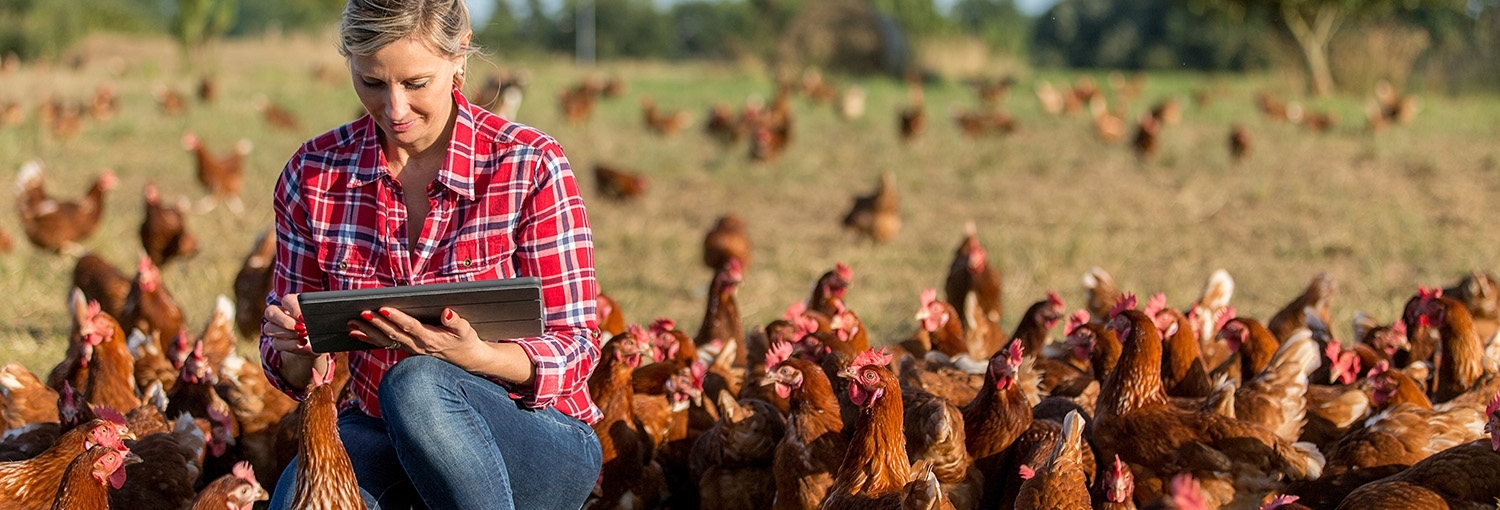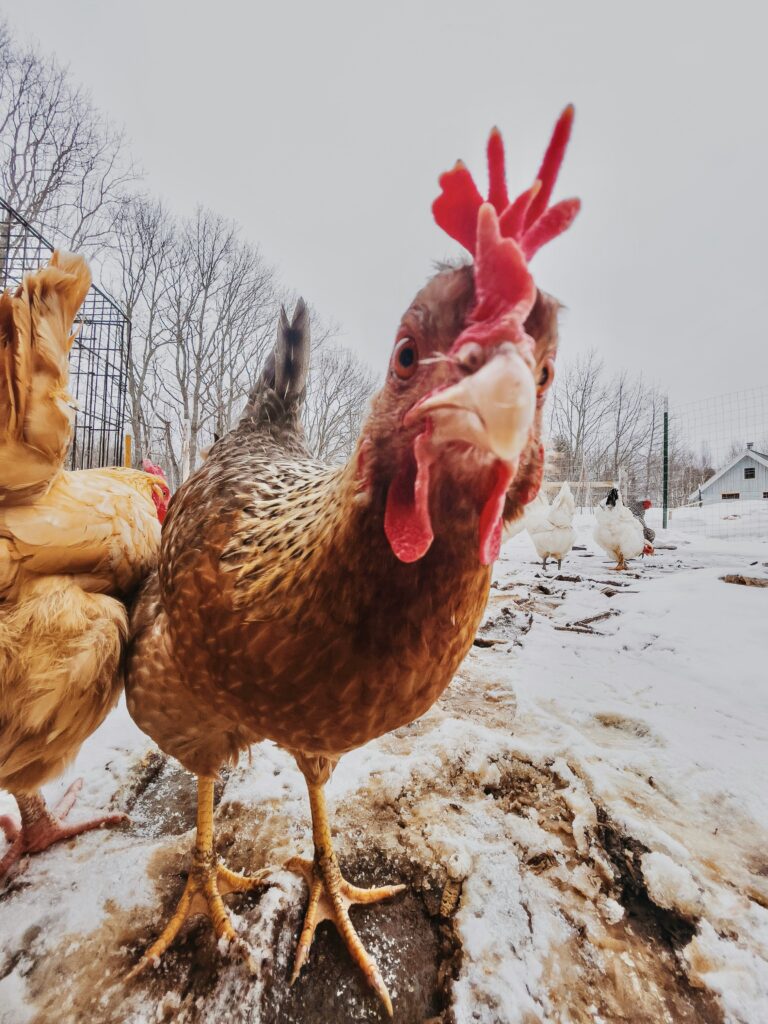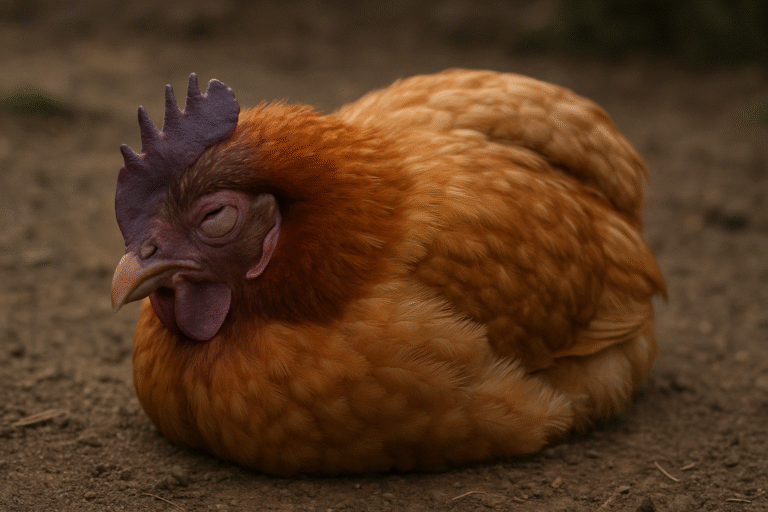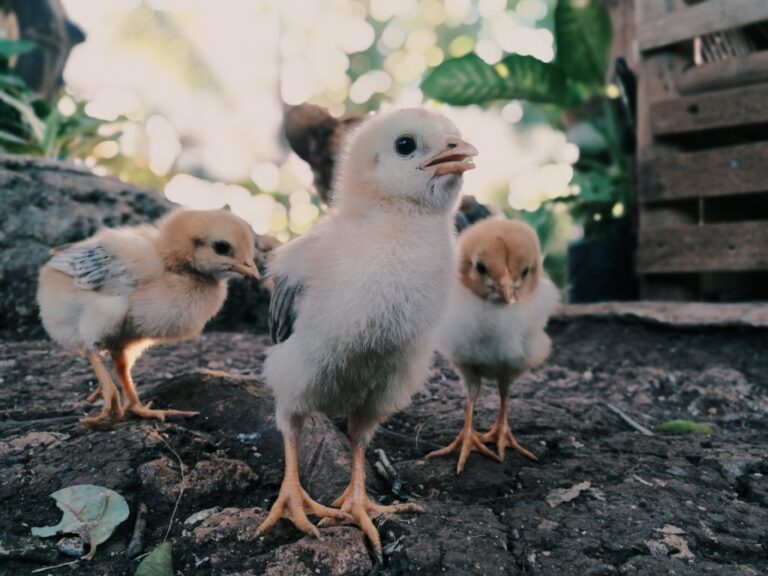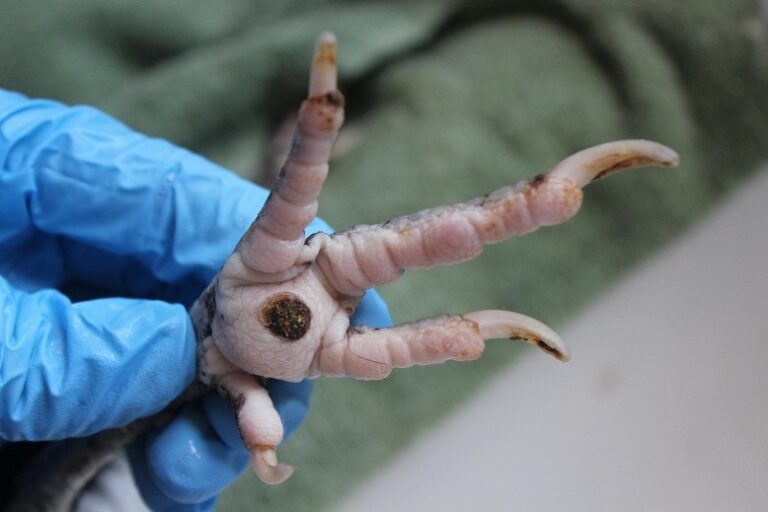BioSecurity Basics
Backyard chicken keeping has surged in popularity, with more people raising their own flocks for fresh eggs,…
Backyard chicken keeping has surged in popularity, with more people raising their own flocks for fresh eggs, companionship, and sustainability. However, keeping chickens comes with responsibilities, and one of the most crucial is biosecurity. Protecting your flock from disease is essential to maintaining their health, productivity, and longevity. Here’s a guide to the foundational biosecurity practices every backyard chicken owner should follow.
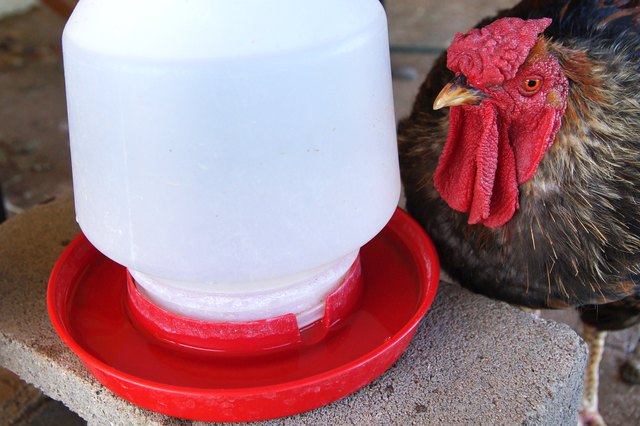
What Is Biosecurity?
Biosecurity refers to the measures taken to protect animals from infectious diseases. For backyard chicken owners, this means preventing the introduction and spread of bacteria, viruses, and parasites that can harm your flock. Good biosecurity not only keeps your birds safe but also protects neighboring flocks and even commercial poultry operations.
1. Limit Exposure to Outside Birds and Wildlife
Wild birds and rodents can carry harmful diseases like avian influenza, Newcastle disease, and Salmonella. To minimize risk:
- Keep your flock enclosed in a secure run with a covered top.
- Use fine mesh or hardware cloth to prevent small birds and rodents from entering.
- Store feed in rodent-proof containers and clean up spills promptly to avoid attracting pests.
2. Quarantine New or Sick Birds
Introducing new birds to your flock without quarantine can be a recipe for disaster. Follow these steps:
- Keep new birds in a separate enclosure at least 30 feet away from your existing flock for a minimum of 30 days.
- Observe them for signs of illness, including respiratory distress, diarrhea, lethargy, or abnormal droppings.
- If a bird shows signs of sickness, isolate it immediately and consult a veterinarian.
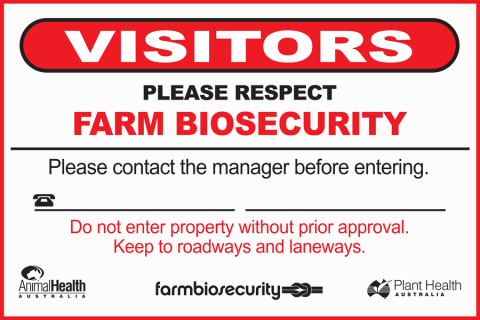
3. Control Human Traffic and Equipment Sharing
Diseases can be spread on clothing, shoes, hands, and shared equipment. Reduce the risk by:
- Using dedicated clothing and boots for tending to your flock.
- Washing hands before and after handling chickens.
- Avoiding visiting other poultry-keeping households or farms without taking precautions.
- Disinfecting equipment that comes into contact with chickens, such as feeders, waterers, and egg baskets.
4. Maintain Clean Coops and Runs
A clean living environment is key to keeping disease at bay. Follow these sanitation guidelines:
- Remove soiled bedding and manure regularly.
- Disinfect waterers, feeders, and perches weekly.
- Use deep litter or dry bedding to absorb moisture and reduce bacterial growth.
- Ensure proper ventilation in the coop to reduce humidity and prevent respiratory diseases.
5. Keep Your Flock’s Immune System Strong
Healthy chickens are more resilient to disease. Boost their immunity with:
- A balanced, high-quality feed appropriate for their life stage.
- Access to clean, fresh water at all times.
- Regular deworming and parasite control.
- Probiotic supplements to support gut health.
- Minimizing stress by providing adequate space and a stable environment.
6. Be Aware of Common Chicken Diseases
Knowing the signs of common poultry illnesses can help you take action early. Some diseases to watch out for include:
- Marek’s Disease – Causes paralysis and tumors; prevented by vaccination.
- Coccidiosis – Leads to diarrhea and weight loss; managed with medicated feed and proper sanitation.
- Respiratory Infections – Symptoms include sneezing, coughing, and nasal discharge; reduce risks with good ventilation and avoiding overcrowding.
- Egg Peritonitis – A reproductive issue common in laying hens; prevention includes a proper diet and avoiding excessive artificial lighting.
7. Have a Biosecurity Plan in Case of an Outbreak
Even with the best precautions, outbreaks can happen. Have a plan in place to respond:
- Identify and isolate sick birds immediately.
- Contact a poultry veterinarian for guidance.
- Follow recommended biosecurity measures to contain the spread.
- Keep records of symptoms, deaths, and flock health history to help diagnose issues.
AN OUNCE OF PREVENTION…
By following these backyard chicken biosecurity best practices, you can greatly reduce the risk of disease and ensure your flock remains happy and healthy. Prevention is always easier and more effective than treatment, so implementing these simple but essential steps will go a long way in keeping your chickens safe. Healthy chickens mean better egg production, longevity, and peace of mind for you as a responsible flock owner.

